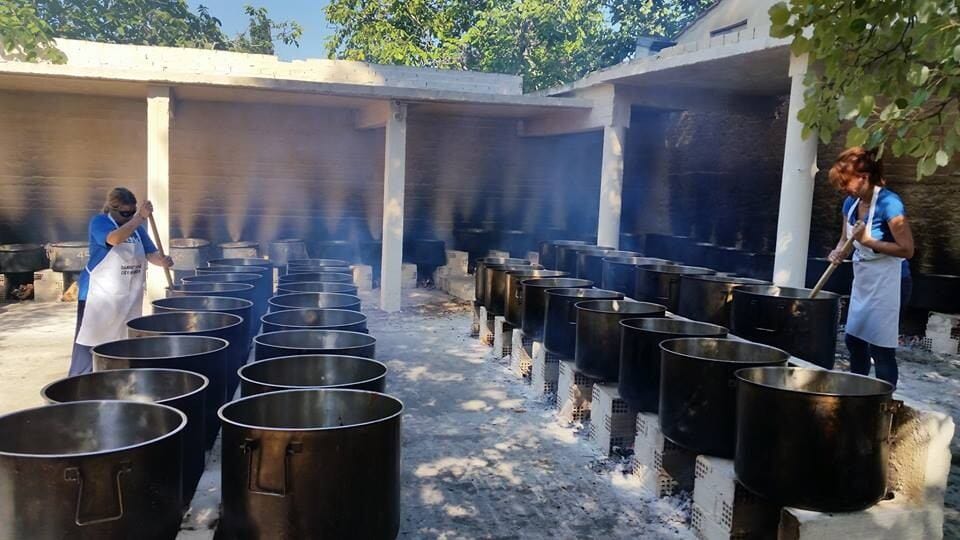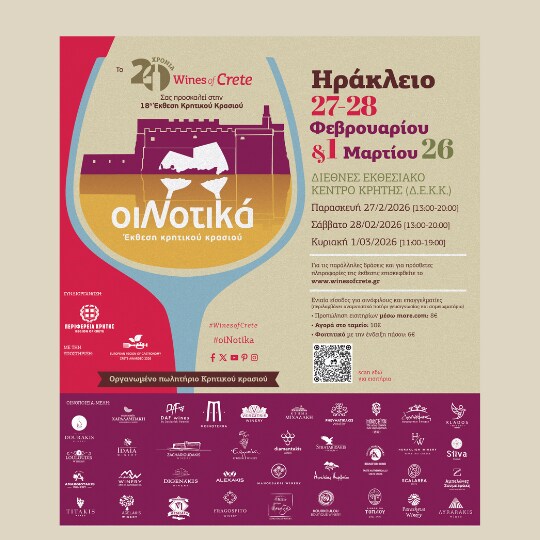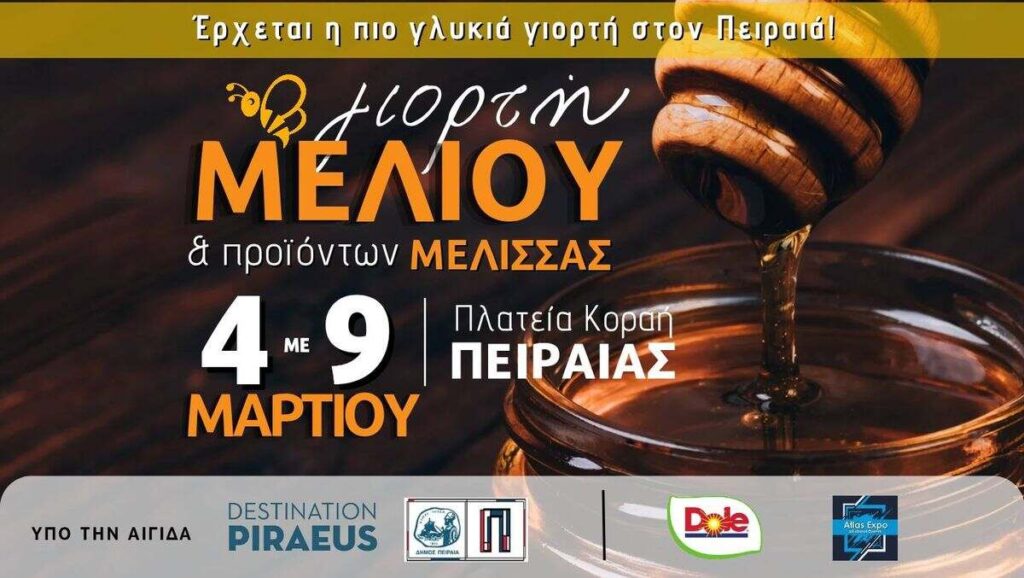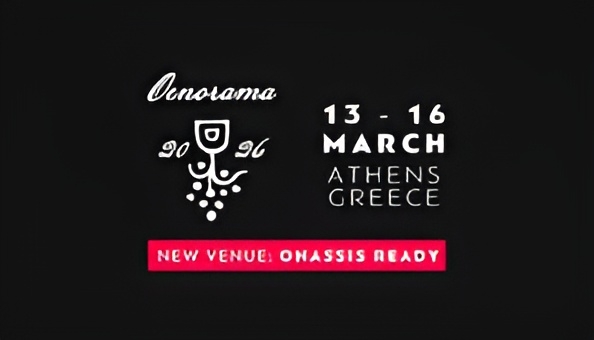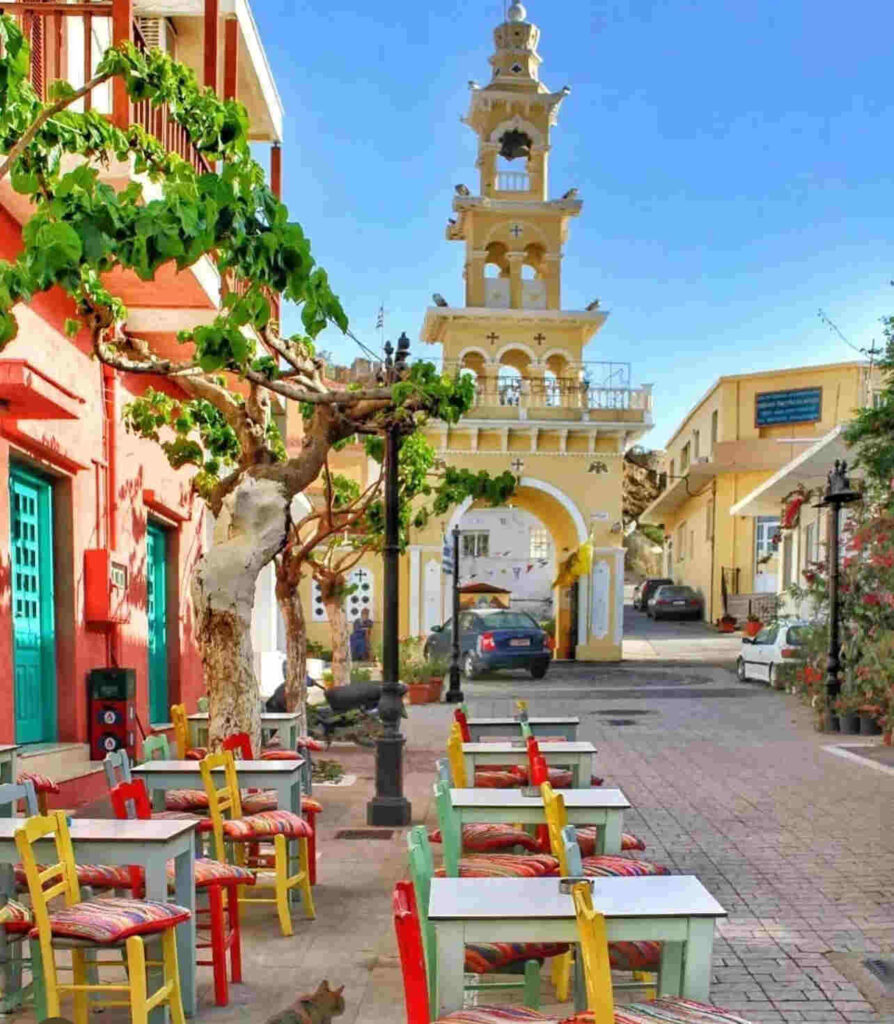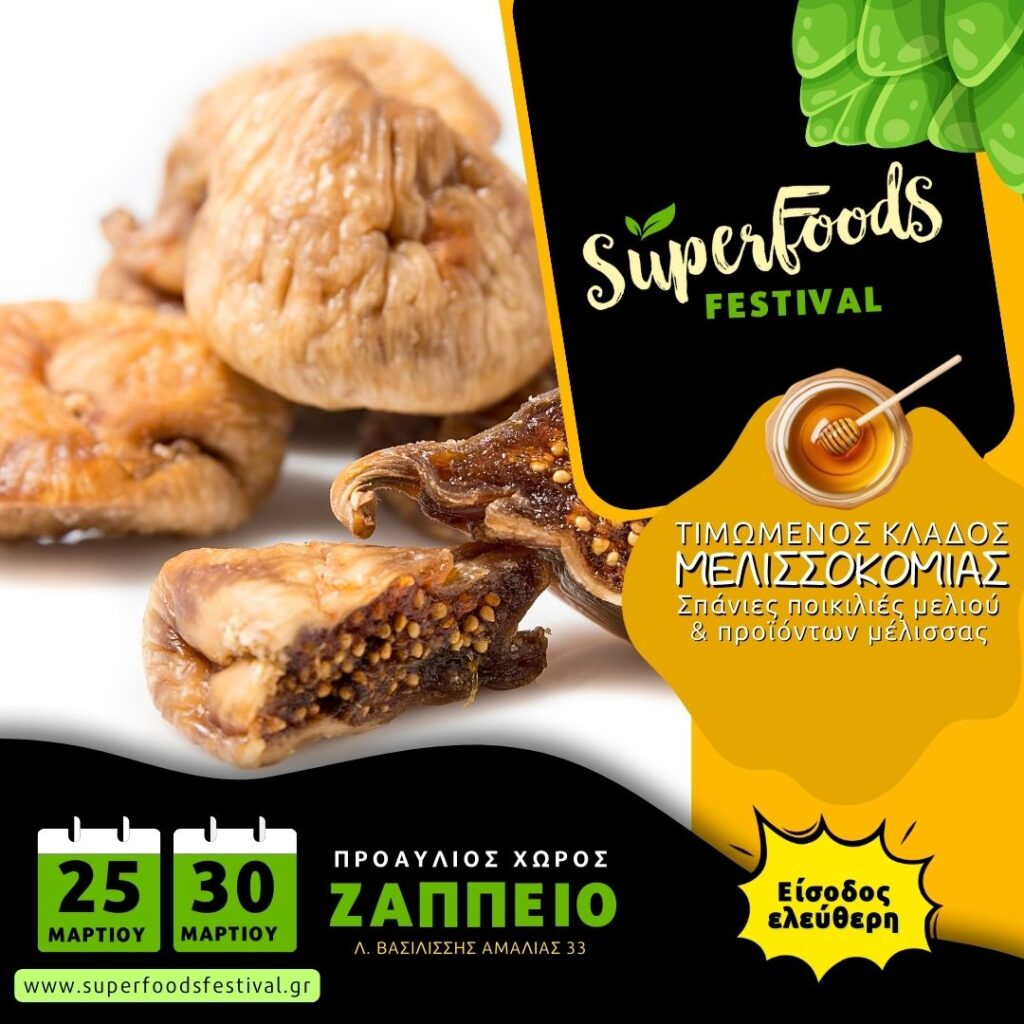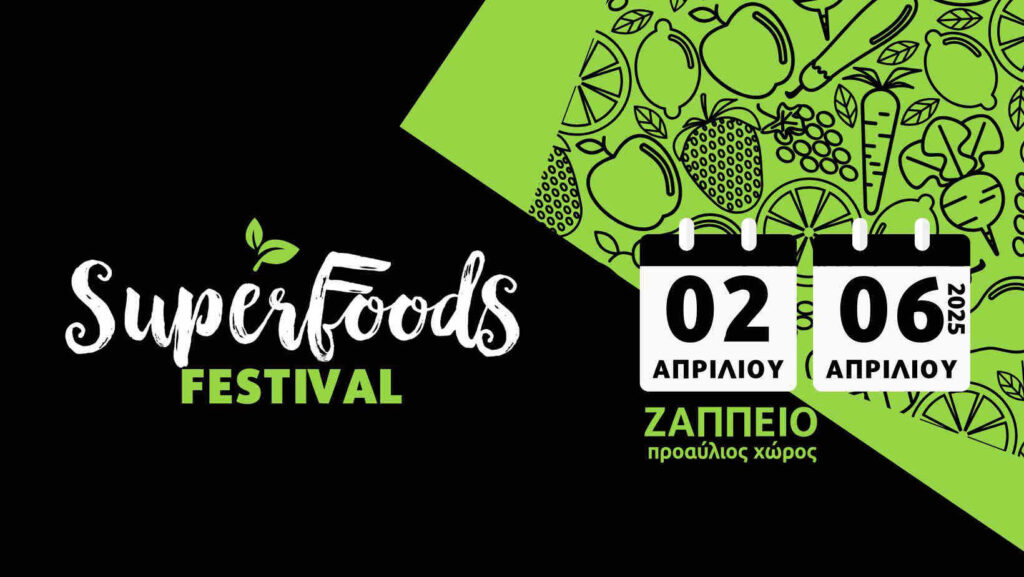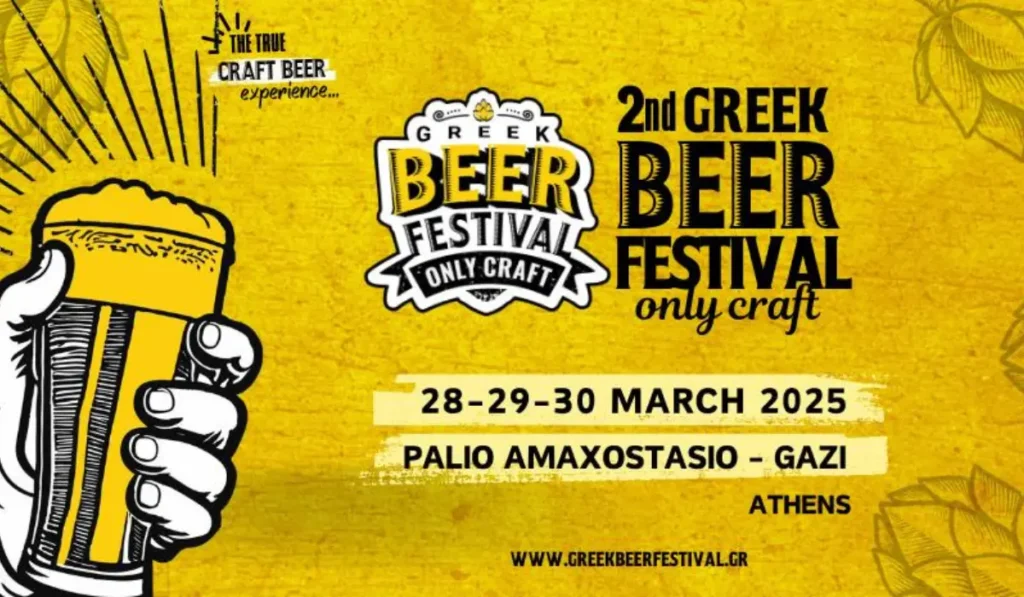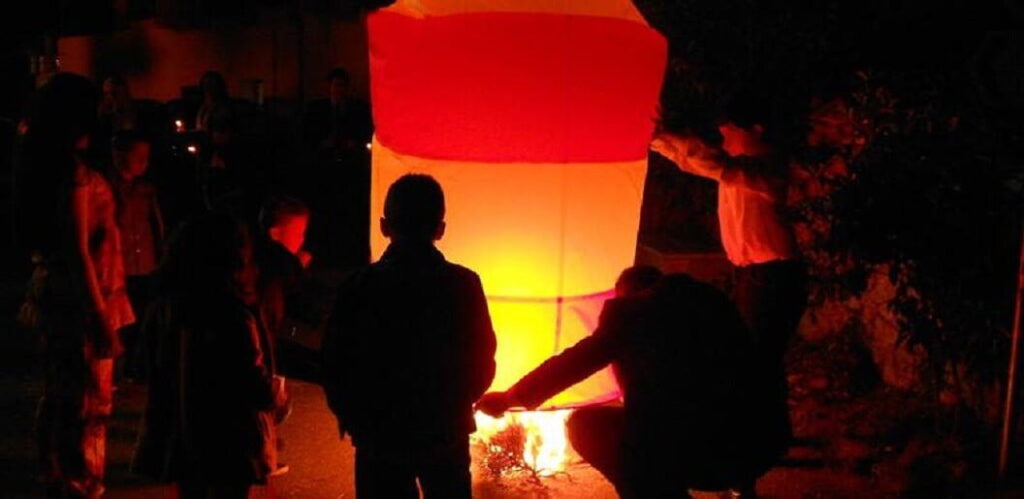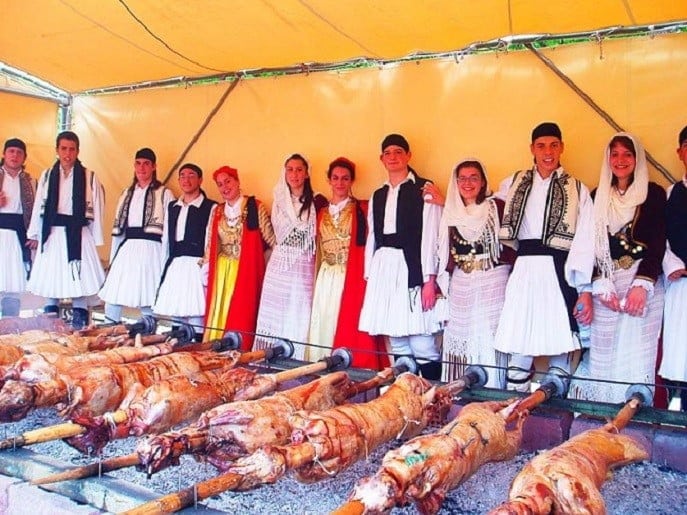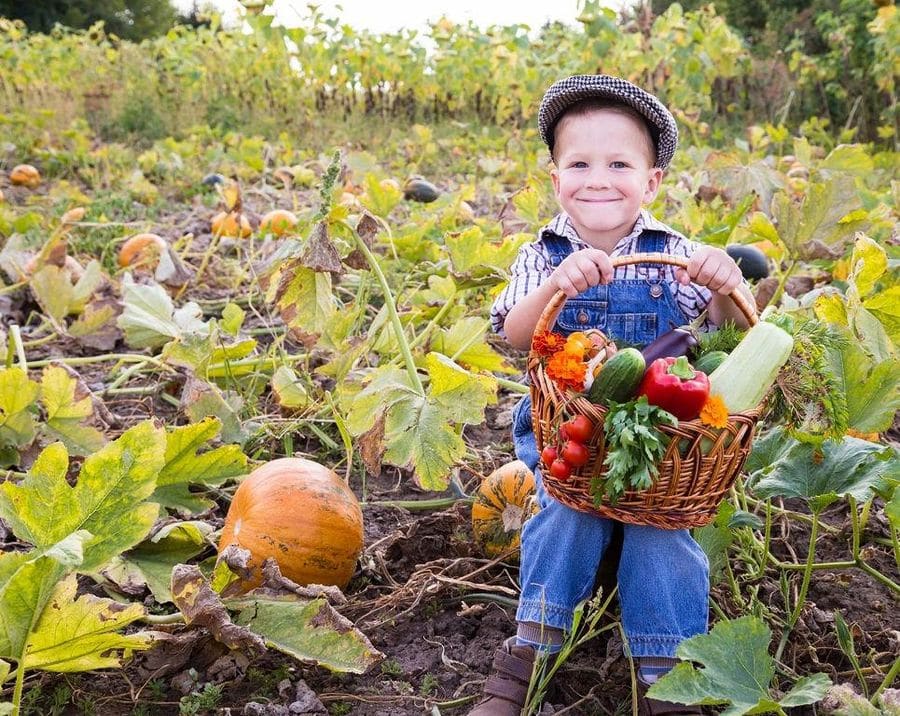Faith, Food, and Celebration on August 15
Each summer, the peaceful village of Oxilithos on the island of Euboea (Evia), Greece, transforms into a lively centre of devotion and festivity. The Oxilithos Festival, held every August 15, honours the Assumption of the Virgin Mary (Koimisis tis Theotokou) — one of the most important religious events in the Greek Orthodox calendar. Visitors from all over, including many from the mainland, flock to Euboea to witness this vibrant celebration.
Combining faith, tradition, and Greek hospitality, this annual celebration attracts thousands of locals and travellers who come to experience authentic Greek culture and cuisine in one unforgettable day.
🌿 The Religious Heart of the Festival
The Oxilithos Festival centres around the Church of the Assumption of the Virgin Mary (Panagia Petriotissa), a 13th-century church rich in history and Byzantine artistry.
On the evening of August 14, the sacred icon of the Virgin Mary is given to a local family who keeps vigil through the night, a tradition symbolising faith and protection. The next morning, the icon returns to the church for the Divine Liturgy, drawing worshippers from across Euboea and beyond.
The air fills with church bells, incense, and hymns — a moment of profound spirituality that connects generations of Greek families.
🍲 The Legendary Communal Feast
After the religious service, Oxilithos turns into a giant open-air dining hall. Villagers, volunteers, and visitors gather in the church courtyard for a traditional Greek feast unlike any other.
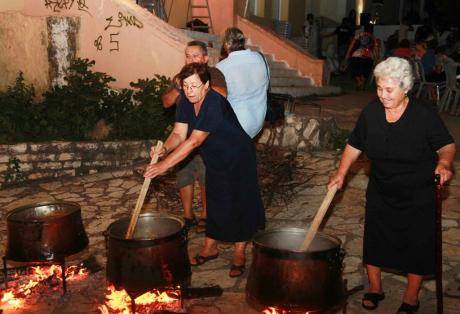
Over 170 cauldrons simmer with classic Greek dishes, all prepared and donated by locals — a living expression of hospitality and unity.
Among the favourite festival dishes are:
- Kokoras krasatos – rooster cooked in wine sauce
- Lamb giouvetsi – lamb baked with orzo pasta
- Stifado – a slow-cooked beef or rabbit stew with onions
- Octopus in red wine and shrimp saganaki
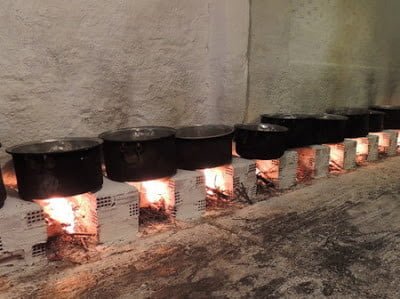
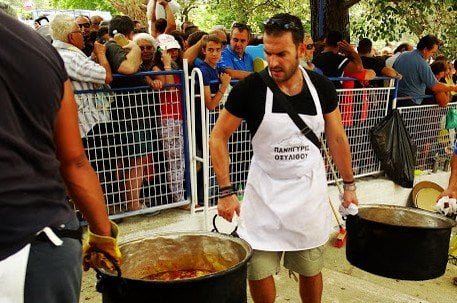
The feast continues with handmade sweets: baklava, amygdalota (almond cookies), pasteli with honey and sesame, local figs, and spoon sweets — all paired with Euboean wine and live folk music that lasts late into the night.
🏞️ The Village of Oxilithos: Tradition on Volcanic Ground
The name Oxilithos means “sharp stone,” referring to the volcanic rock formations in the region. The village lies on the slope of an extinct volcano near Kymi, overlooking the Aegean Sea.
Visitors can enjoy breathtaking views, cobblestone streets, and nearby attractions such as Kymi’s port, local olive groves, and hidden beaches perfect for a quiet escape before or after the festivities.
💫 Why You Should Visit the Oxilithos Festival
- Authentic Greek culture: Experience a real panigyri (village festival) where faith and community come first.
- Unforgettable food: Taste local recipes prepared with care, generosity, and tradition.
- Warm hospitality: Join locals who open their hearts and tables to everyone.
- Scenic beauty: Explore Euboea’s serene landscapes and coastal charm.
Whether you are a traveller seeking cultural depth, a photographer chasing authentic moments, or simply a lover of Greek food and music, the Oxilithos Festival offers a truly immersive experience.
📅 When and How to Attend
- Date: August 14–15 (main feast day on August 15)
- Location: Oxilithos village, near Kymi, Euboea (Evia), Greece
- How to get there:
- From Athens, drive or take a ferry via Chalkida or Eretria.
- From Kymi Port, Oxilithos is about 4 km inland.
- Where to stay: Small guesthouses and traditional hotels are available in Kymi, Oxilithos, and nearby villages. Book early — the festival attracts many visitors.
🌸 Experience the Spirit of Euboea
The Oxilithos Festival is not just a local celebration — it’s a timeless expression of Greek faith, unity, and joy. Beneath the summer stars, surrounded by music, laughter, and the scent of home-cooked food, visitors feel what Greeks call filoxenia — the ancient spirit of friendship and hospitality.
Every August, Oxilithos reminds the world that in Greece, faith and festivity always go hand in hand.
The meal is traditionally prepared in the courtyard of the church on the eve of the celebration. All the ingredients are donated by the villagers, with the festival preparations coordinated by volunteers. Thousands of pilgrims participate in this event. At times, more than 170 cauldrons are used to prepare the food. (The same old custom takes place in Kalimerianoi and Potamia).
Some of the special local foods one can enjoy are the kourkubines or goglies. Other dishes include trahana, kokoras krasatos, lamb giouvetsi, shrimps saganaki, octopus in wine and spaghetti with fishfood. Also don’t miss out on the local deserts of Euboea, like baklava, amygdalota, dry figs, local honey pasteli, and homemade spoon sweets.
Photo: EVIAPORTAL

